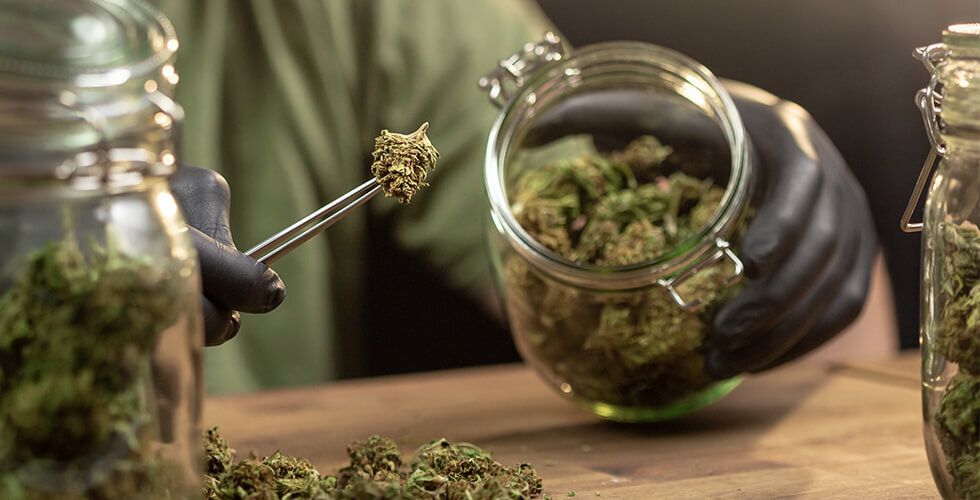
Yes, today’s cannabis is stronger than ever—but the real problem isn’t the THC. It’s how little people understand the full picture.
The buzz around ultra-potent weed has lawmakers calling for THC caps, claiming it’s too dangerous. But here’s the twist: making weed weaker could actually do more harm than good. When products are less potent, people often just use more, especially medical users trying to manage pain or anxiety. That can mean more smoke in the lungs and a higher price tag, particularly for veterans and seniors on fixed incomes.
But the confusion runs deeper. Cannabis isn’t just about THC. It’s made up of more than 100 cannabinoids, and each one interacts differently in your body. Throw in terpenes—plant compounds that shape whether a high feels mellow, sleepy, or energizing—and you’ve got a complex experience that can’t be boiled down to one percentage number on a label.
And speaking of labels, the numbers can be misleading. Testing labs often produce wildly different THC readings for the same product, and some brands will shop around for the highest result. That makes regulation tricky and consumer trust even harder to earn.
Yes, high-THC cannabis can lead to overwhelming experiences if used recklessly. But limiting THC across the board ignores science, misguides patients, and does little to protect consumers. What we need isn’t a crackdown—it’s better education. Consumers should understand not just how strong something is, but how it works with their body.
Cannabis is complicated. Treating it like alcohol—with a single number that defines everything—misses the mark. The future of responsible cannabis use isn’t about fear or limits. It’s about knowledge, transparency, and empowering people to make choices that are right for them.

